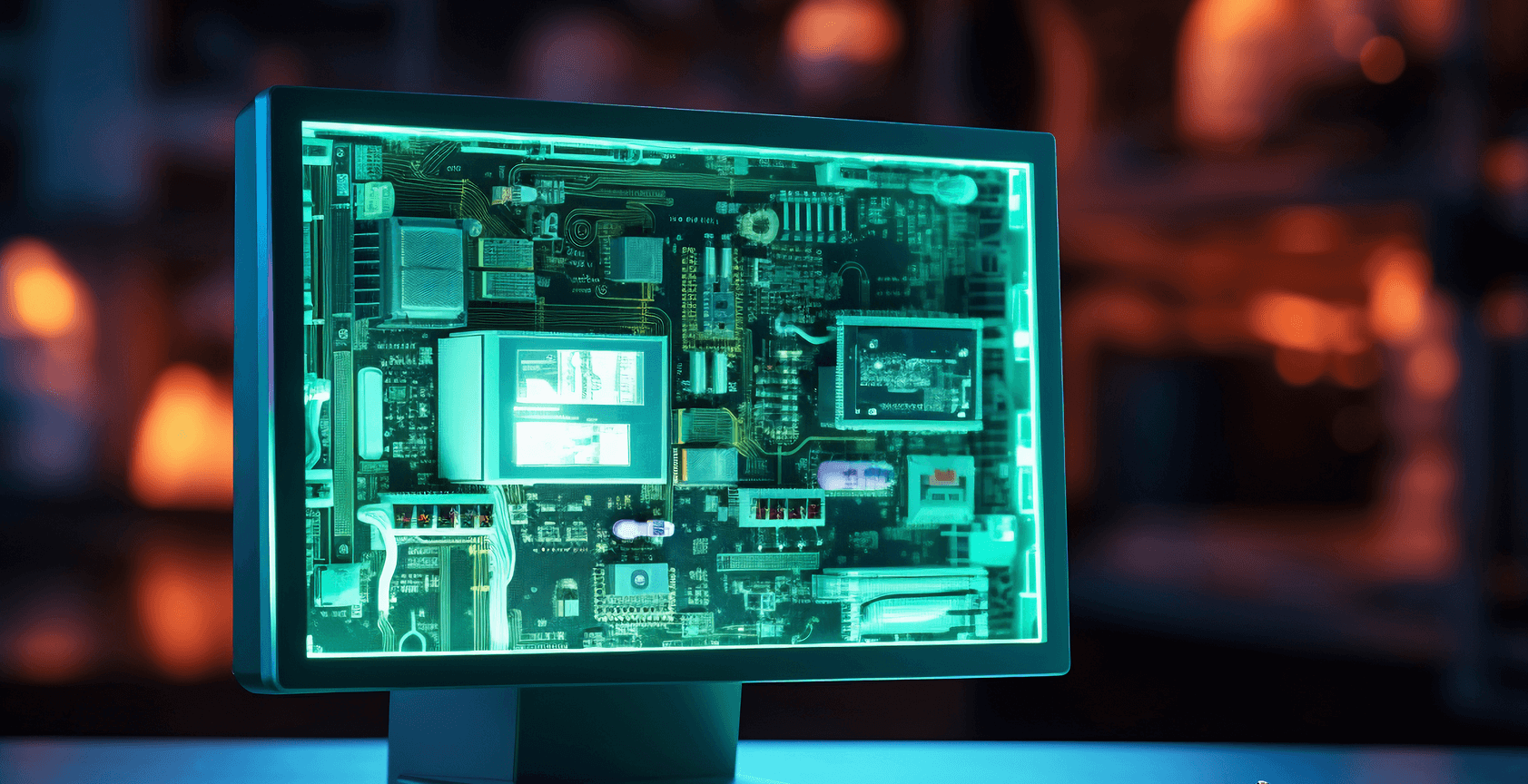Discrete Computer
Beyond Boolean—A New Foundation for Digital Computation
- Built To Order
- Experimental
Automatski’s Discrete Computer redefines the logic of computing by moving beyond binary. This experimental system is built on discrete value transitions—eschewing traditional Boolean gates in favor of a radically new architecture for deterministic, non-binary computation.

A Non-Boolean Computational Paradigm
Most digital systems today rely on the same Boolean logic invented nearly a century ago. We asked—what if we started from scratch?
The Discrete Computer abandons binary logic and constructs its foundation on multi-valued state transitions. This opens new dimensions in circuit design, state encoding, and functional behavior—enabling systems that can compute differently, more densely, and potentially more efficiently than Boolean-based machines.
What This Enables:
- Computation without binary logic gates
- Entirely non-Boolean logic design
- Discrete value transitions across multiple states
- Experimental architecture for exploring post-binary computing
- Potential for ultra-dense logic and unconventional algorithms
- Built-to-order for specialized computational models
- Ideal for academic, theoretical, and radical R&D initiatives
This isn’t just a tweak to digital logic—it’s a clean break. A new language for computation that could power tomorrow’s most unconventional systems.
Author : Aditya Yadav